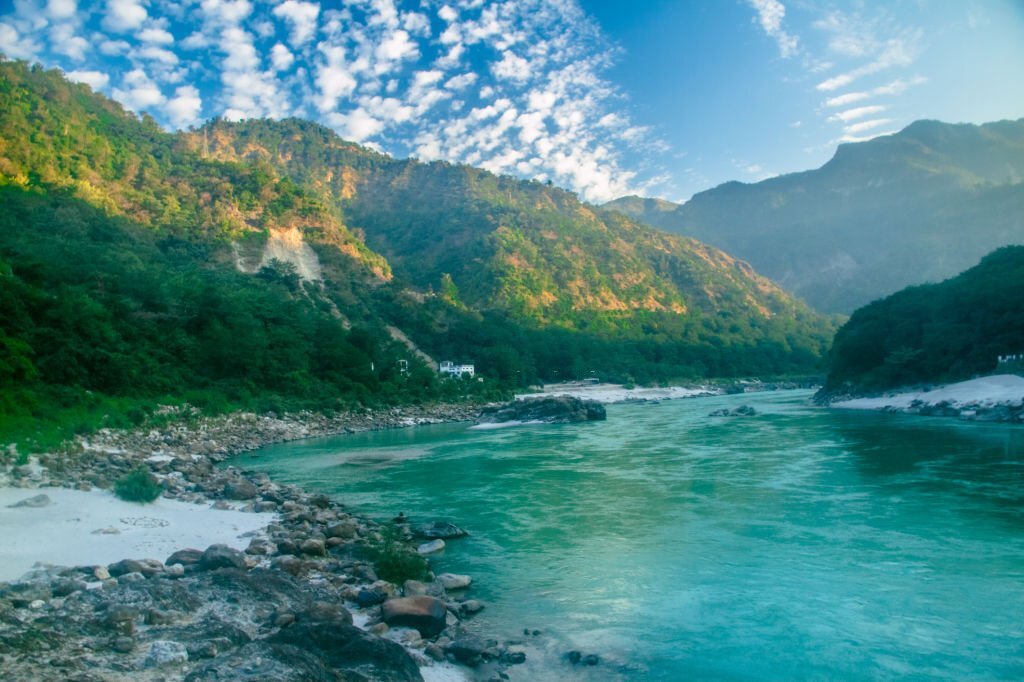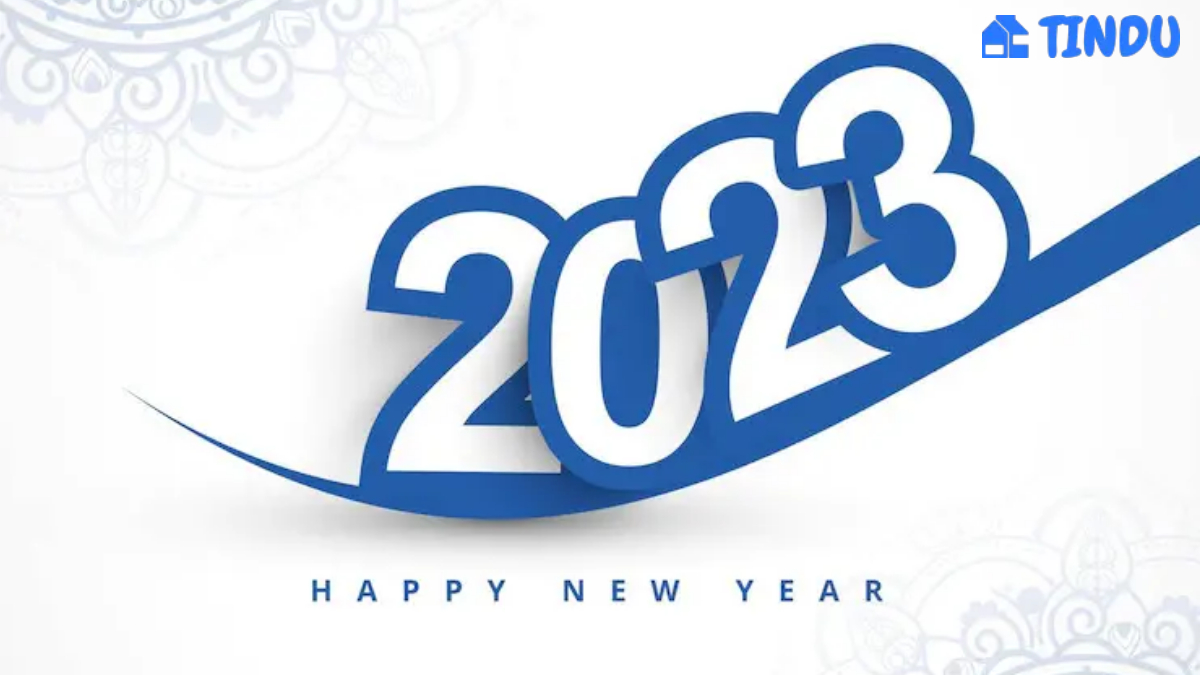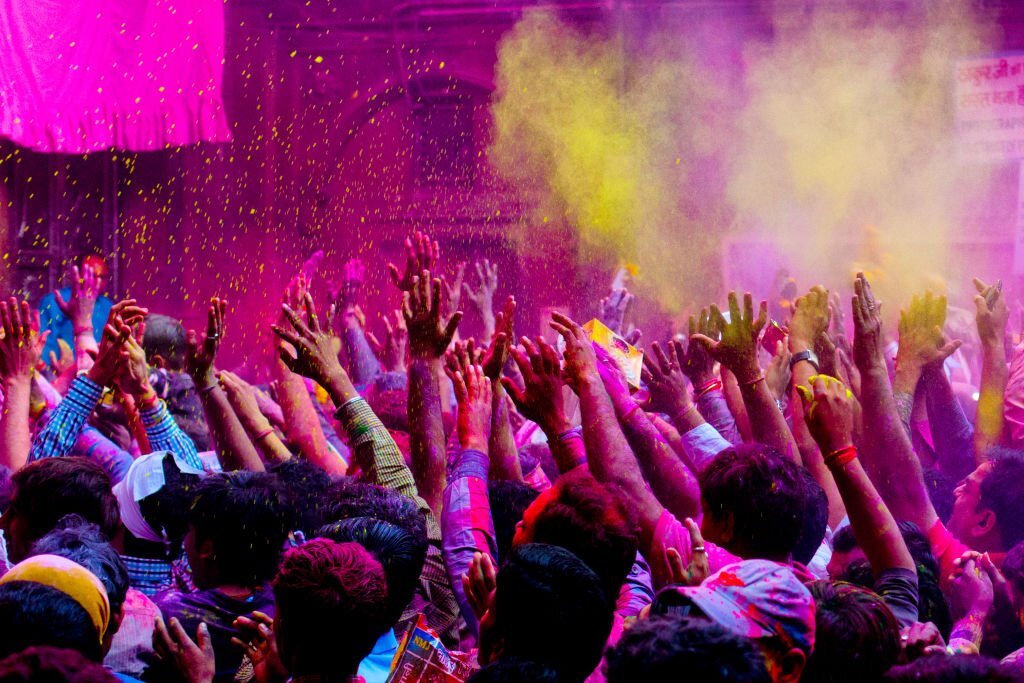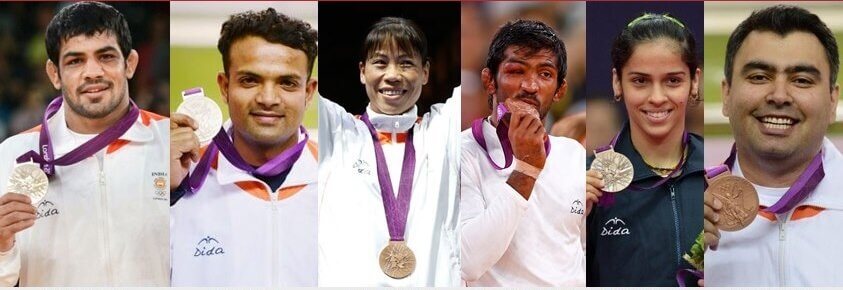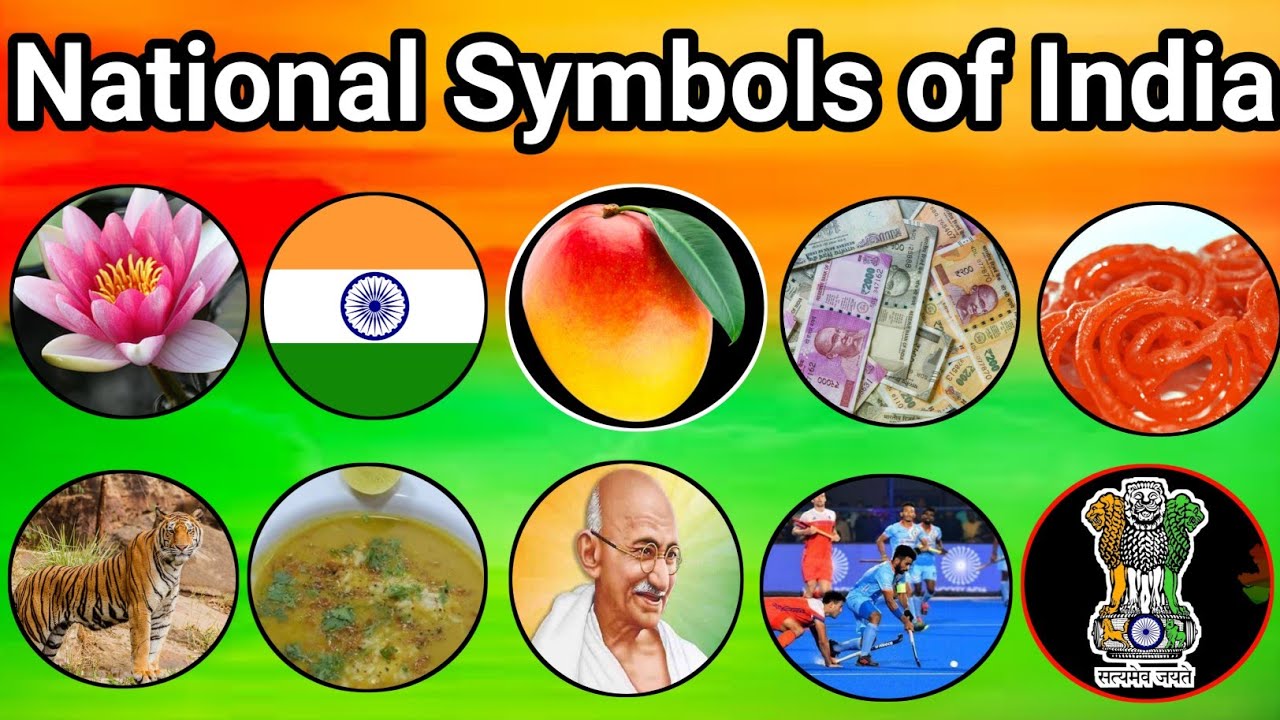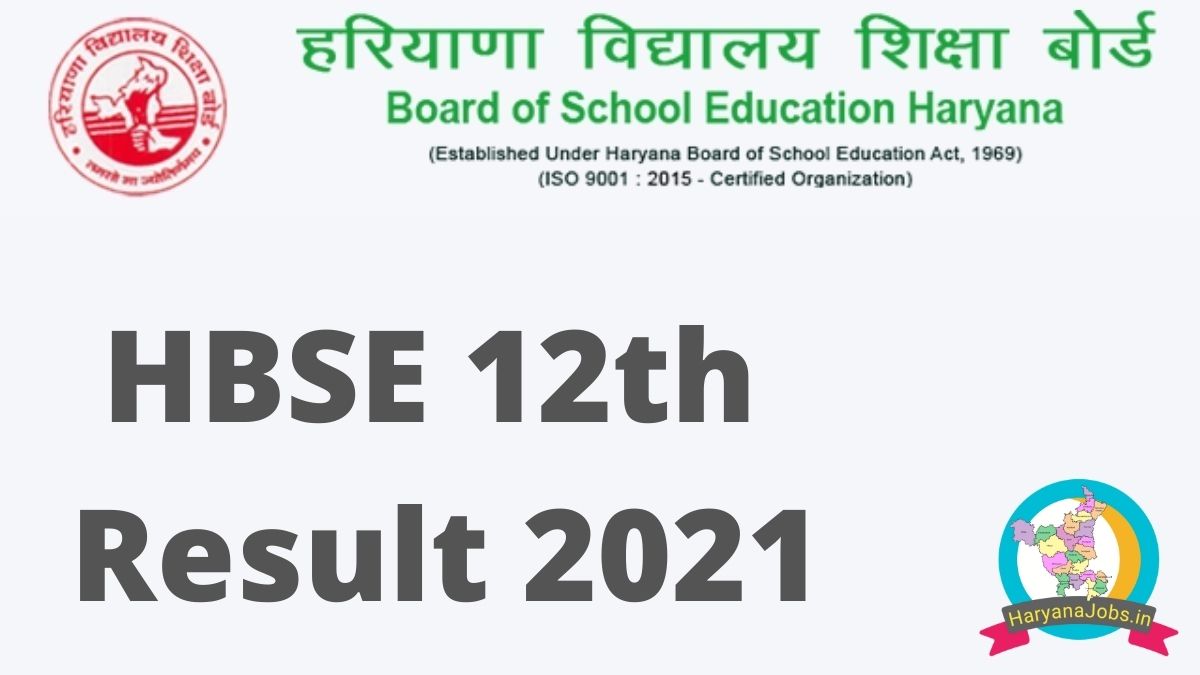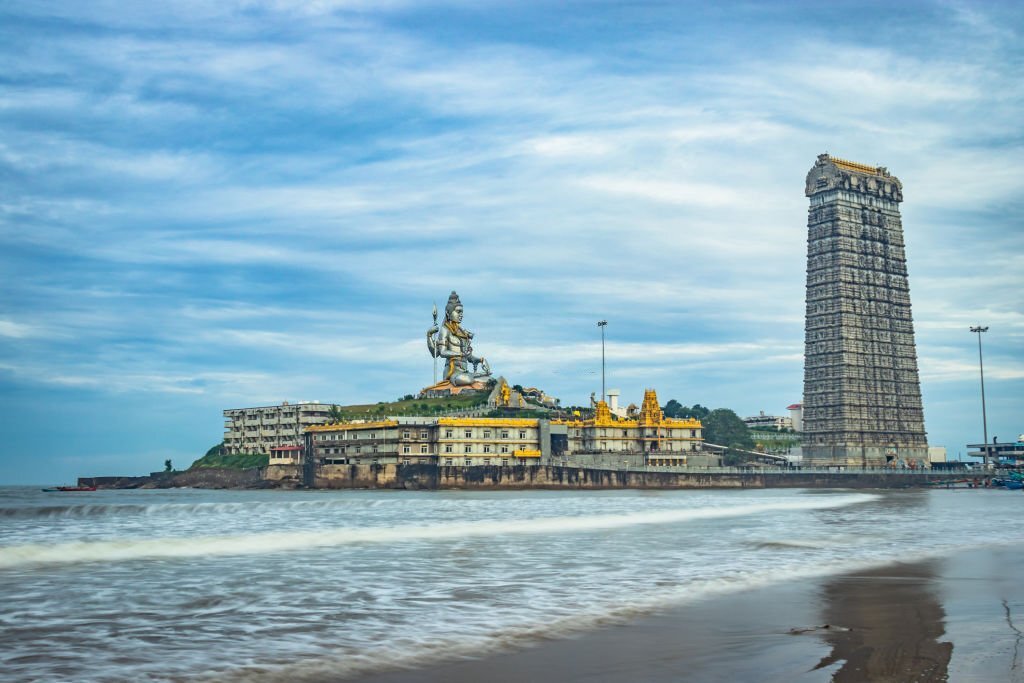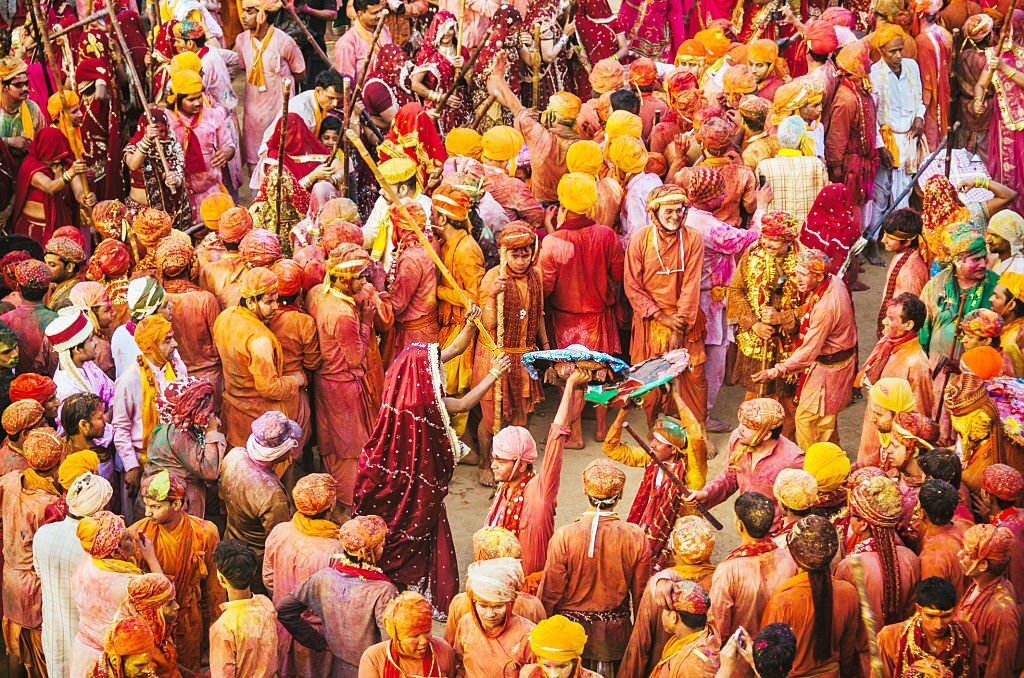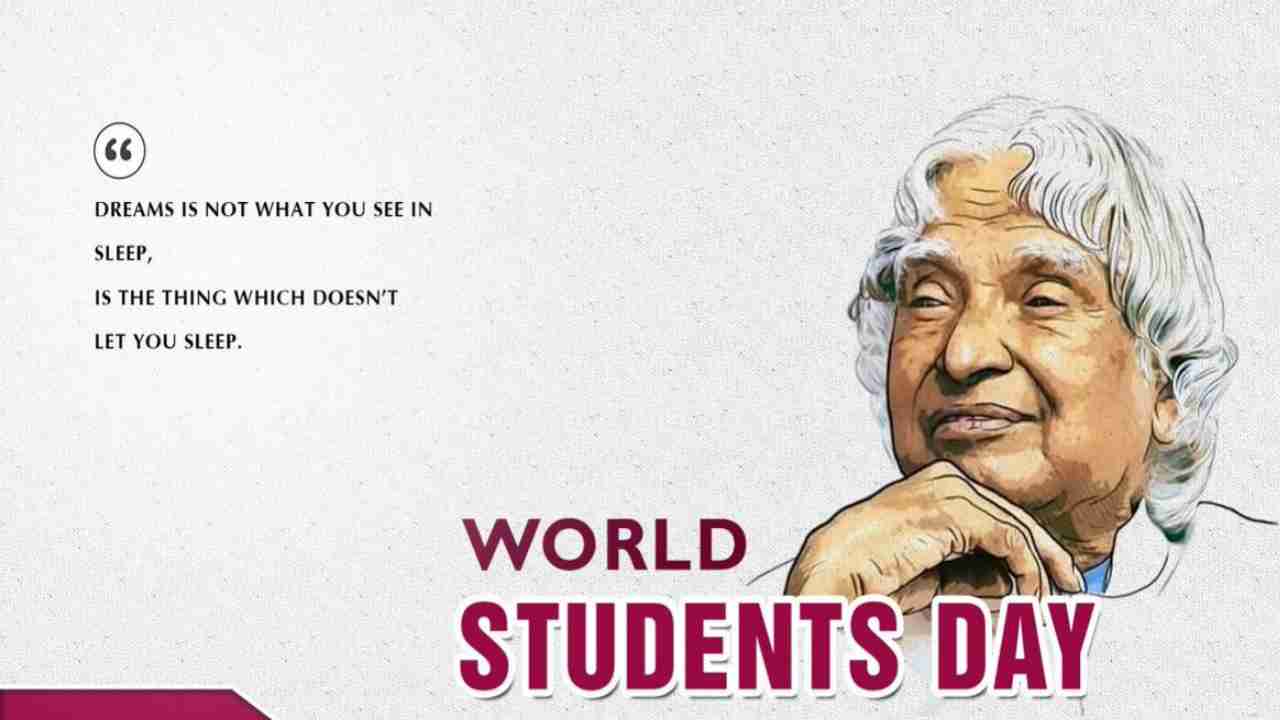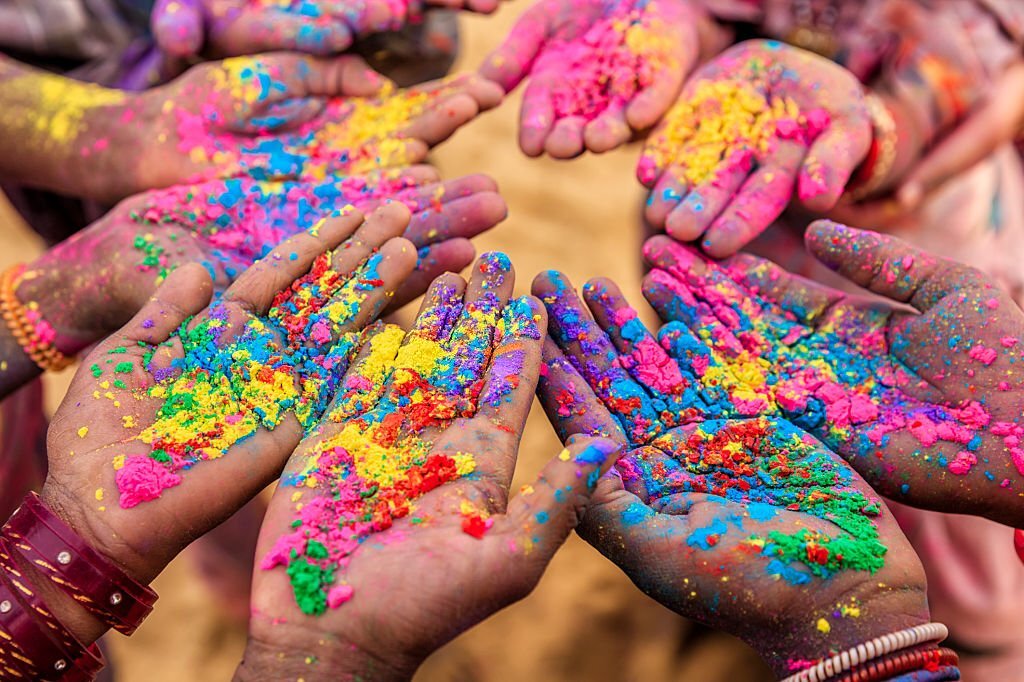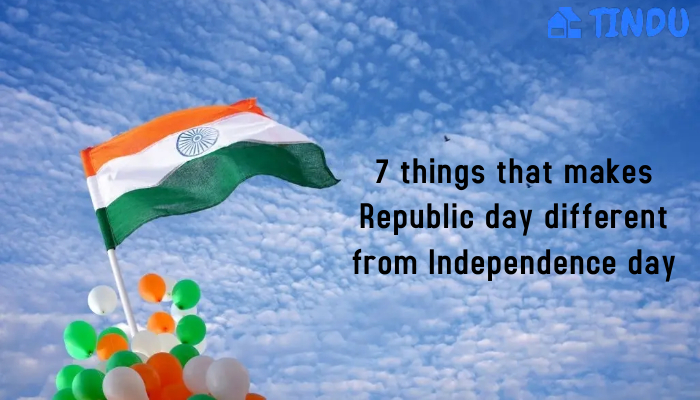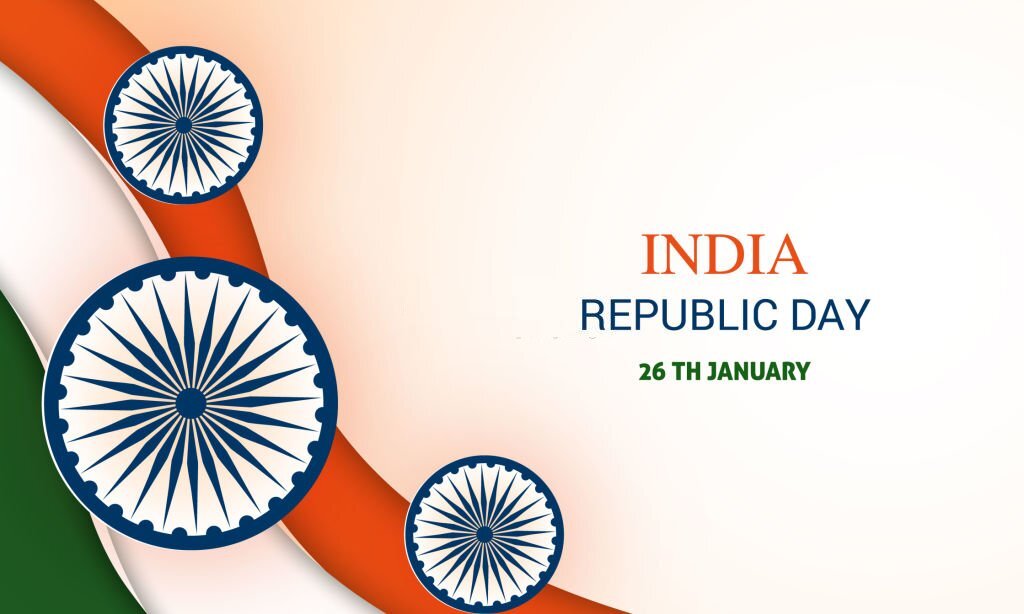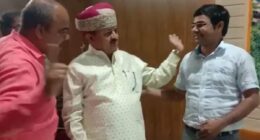The birth anniversary of Maharishi Valmiki, the author of the famous Hindu epic Ramayana, is celebrated with the Valmiki Jayanti festival. It falls on the full moon day of the month of Ashwin in the Hindu calendar, which corresponds to September-October in the Gregorian calendar. Valmiki Jayanti, also known as Pragat Diwas, will be observed on October 20th (Wednesday) in 2021.

VALMIKI :
In Sanskrit literature, Valmiki (Sanskrit: ) is known as the harbinger-poet. He is credited with writing the epic Ramayana, which has been dated as early as the 5th century BCE and as late as the first century BCE.
Adi Kavi, the first poet and creator of the Ramayana, the earliest epic poem, is honoured.The Ramayana is a Hindu epic with 24,000 shlokas and seven cantos (kaas) penned by Valmiki.In Sanskrit literature, Valmiki (Sanskrit: ) is known as the harbinger-poet.
He is credited with writing the epic Ramayana, which has been dated as early as the 5th century BCE and as late as the first century BCE. Adi Kavi, the first poet and creator of the Ramayana, the earliest epic poem, is honoured.
The Ramayana is a Hindu epic with 24,000 shlokas and seven cantos (kandas) written by Valmiki.The Ramayana is around 480,002 words long, which is nearly a fifth of the Mahabharata’s whole text or four times the Iliad’s length.
ALSO READ : https://tindu.in/dussehra-receives-neelkanths-darshan-as-a-blessing/
The Ramayana is a Hindu epic that tells the storey of Rama, a prince from the city of Ayodhya in the Kingdom of Kosala, whose wife Sita is kidnapped by Ravana, Lanka’s demon-king (Asura). Valmiki’s Ramayana is thought to have been written between 500 and 100 BCE[10], or around the same time as early Mahabharata versions.
It has gone through a process of interpolations and redactions, like many traditional epics, making it impossible to date precisely.Valmiki was “regarded as a literary talent,” according to British humorist Aubrey Menen, and so was considered “an outlaw,” apparently because of his “philosophic scepticism,” as part of a “Indian Enlightenment” period.
Valmiki is also said to have lived at the same time as Rama. Valmiki is “the first author in all history to put himself into his own work,” according to Menen.

EARLY LIFE:
Valmiki was born Agni Sharma to a Bhrigu gotra Brahmin named Pracheta (also known as Sumali). Legend has it that he once met the great sage Narada and had a conversation with him about his responsibilities. Agni Sharma was moved by Narada’s remarks and began to conduct penance, chanting the word “Mara,” which means “death.”
After countless years of penance, the word evolved into “Rama,” Lord Vishnu’s name. Huge anthills sprung up around Agni Sharma, earning him the moniker Valmiki. Agni Sharma, renamed Valmiki, learned the scriptures from Narada and rose to become the most revered of ascetics.
Valmiki is also said to have been a thief before becoming a rishi, according to folklore. Valmiki was born a Brahmin with the name Lohajangha and was a loving son to his parents, according to the Nagara Khanda of the Skanda Purana’s section on the construction of Mukhara Tirtha. He had a lovely wife, and they were both devoted to each other.
When there was no rain in the Anarta region for twelve years, Lohajangha began stealing everyone he came across in the forest to feed his hungry family. During this existence, he encountered the Saptarishi, or seven sages, and attempted to corrupt them as well.
The learned sages, on the other hand, felt sorry for him and showed him the error of his ways. Pulaha, one of them, handed him a Mantra to meditate on, and the Brahmin turned criminal became so engaged in reciting it that ant-hills grew around his body.
“Since you acquired enormous Siddhi seated within a Valmka, you will become well-known in the world as Vlmki,” the sages stated when they returned and heard the sound of the mantra coming from the ant-hill.
THE FIRST SHLOKAS:
Valmiki was performing his daily ablutions at the Ganges River. His cloths were being carried by a disciple named Bharadwaja. They arrived across the Tamasa Stream on their journey. Valmiki said to his disciple, as he looked at the stream, “Look at how clear this water is, much like a decent man’s thinking! Today I’ll take a bath here.”
He witnessed a crane couple mating while hunting for an appropriate area to step into the stream. Valmiki was overjoyed to see the joyful birds. The male bird perished instantly after being struck by an arrow. Its partner, overcome with grief, wailed in anguish and died of shock. This pitiful scene made Valmiki’s heart melt.
” मा निषाद प्रतिष्ठां त्वमगमः शाश्वतीः समाः।
यत्क्रौञ्चमिथुनादेकमवधीः काममोहितम्॥”
” There will be no rest for you over the endless years of Eternity.
Because you killed an innocent bird in the name of love “

This is thought to be the earliest shloka in Sanskrit literature, having arisen spontaneously from Valmiki’s fury and anguish. With the blessings of Lord Brahma, Valmiki later authored the entire Ramayana in the same metre that the shloka emitted from him. As a result, this shloka is known as Hindu literature’s first shloka.
Valmiki is considered the first poet or Adi Kavi, and the Ramayana is considered the first kavya (poem).
ROLE IN RAMAYANA:
In Uttara Kanda, the epic Ramayana’s final chapter, Valmiki played a significant part. The Uttara Kanda is thought not to be Valmiki’s original writing. It is thought to have been derived from the Sesha Ramayana. Rama is said to have sent Sita to the jungle.
Sita seeks sanctuary at the ashram of Sage Valmiki, where she gives birth to twin boys Lava and Kusha. Valmiki’s first students were Lava and Kusha, to whom he taught the Ramayana. The epic’s Bala Kanda also depicts Valmiki narrating the Ramayana to his students Lava and Kusha.
DATE AND PUJA TIME OF VALMIKI JAYANTI 2021:
Valmiki Jayanti is celebrated on the Ashwin month’s Purnima. On October 20th, 2021, Valmiki Jayanti, popularly known as Pargat Diwas, will be held. Purnima Tithi puja timings will started at 07:03 PM on October 19 and end at 08:26 PM on October 20.
Members of the Valmiki sect organise Shobha Yatras, or parades, on Valmiki Jayanti, during which they chant devotional songs and bhajan.


